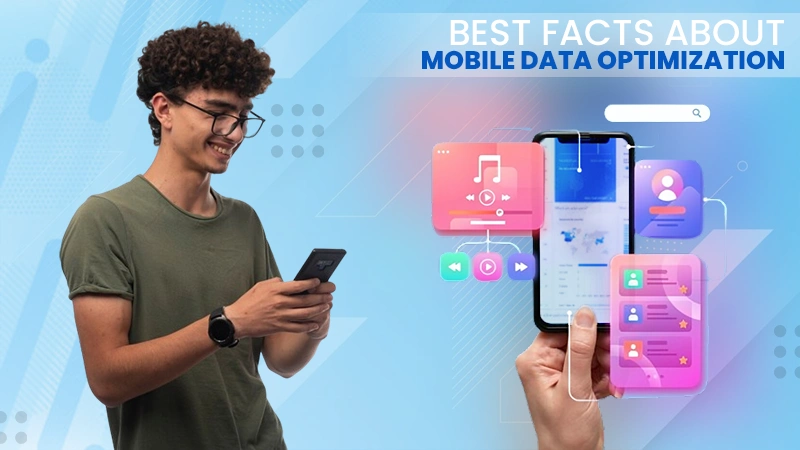Are you a business looking to strengthen your digital presence, develop a high quality website, cutting-edge software or build a robust tech team? If the answer is yes, then you’re in the right place. Welcome to our definitive guide on How To Hire a Developer – a must-read for B2B customers seeking to make informed decisions in the realm of software development.
In this comprehensive guide, we will walk you through the process of hiring programmers with a focus on considerations, valuable tips, and industry insights. If you’re looking to build a startup and need to hire Polish programmers, optimize your existing computer program, or simply expand your tech team with developers from Poland, we’ve got you covered.
Why Hiring Developers Matters?
The success of your venture often hinges on the quality of your software and the prowess of your programmer. According to a study by Stack Overflow, 87.3% of programmers are open to new job opportunities, emphasizing that hiring top talent is not only a one-time endeavor but an ongoing necessity. This statistic underscores the importance of finding programmers for startup and continually attracting skilled professionals to support the growth and development of the business.
Do You Know?
According to the 2019 Stack Overflow Developer Survey, there are 90,000 programmers around the world and only 6.4% of developers are currently unemployed and hence looking for a job!
In a B2B context, hiring one who can get web development clients and create or maintain a computer program that meets your client’s evolving needs is essential. Quality can lead to increased client satisfaction, higher revenue, and a better reputation. In contrast, poor development can result in lost business and damaged relationships.
Identifying Your Needs
Before you start the hiring process, it’s required to define your specific needs. Consider:
- Project Scope: What type of software project are you embarking on? Is it a one-time task or an ongoing development for your products?
- Tech Stack: What programming languages, frameworks, and tools are necessary for your undertaking?
- Team Structure: Do you need a single coder or an entire team?
- Experience Level: Are you looking for junior, mid-level, or senior specialists?
- Remote or In-House: Will your team be on-site or working remotely?
For instance, if you’re a startup in need of a mobile app, you might want to hire mobile app programmers with expertise in iOS and Android. Then, you would definitely need to create and use your own stepwise process on how to hire software programmers for a startup.
Where to Find Developers?
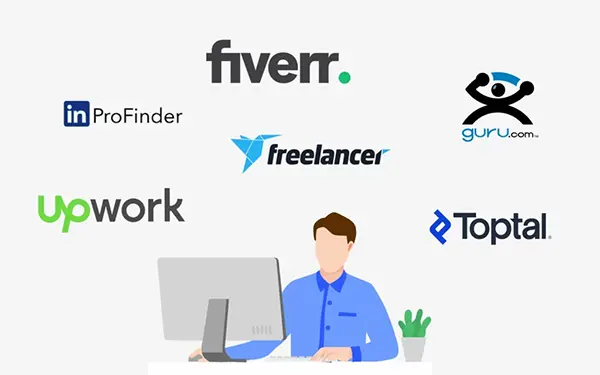
Job Boards and Websites
Websites like LinkedIn, Indeed, and Glassdoor are excellent platforms. You can post job listings, review candidate profiles, and even use LinkedIn for targeted searches.
Social Media and Online Communities
Platforms like GitHub, Stack Overflow, and Reddit are hotspots for developer talent. Engaging with these communities can help you identify passionate, skilled professionals.
Recruitment Agencies
Consider using recruitment agencies specializing in tech roles. They have access to a wide network of developers and can help match your needs with the right candidate.
Networking
Don’t underestimate the power of your professional network. Attend tech events, conferences, and meetups to connect with programmers in person.
Outsourcing Services
If you’re looking for flexibility, consider using outsourcing services. They provide you with access to global talent, often at competitive rates.
Assessing Developer Skills
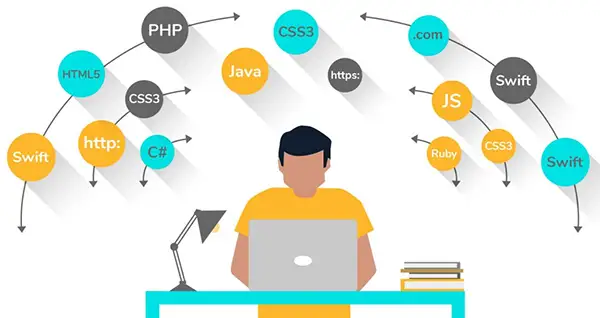
The next step is to evaluate candidates based on their accomplishments and experience. In a business-to-business context, where the computer program is often business-critical, assessing developer skills is paramount.
Here are a few ways to gauge their abilities:
- Coding Tests: Ask candidates to complete coding tests or challenges that mirror the types of tasks they’ll face on the job.
- Portfolio Review: Review the developer’s previous work. Ask for examples of relevant assignments.
- Technical Interviews: Conduct technical interviews with your development team. Pose real-world problems and evaluate their problem-solving aptitudes.
- Soft Skills: Don’t forget the importance of soft aptitudes like communication and teamwork, especially in a business-to-business setting.
The Interview Process
The interview process should be comprehensive and organized. It’s a two-way street; you’re evaluating the developer, but they’re also assessing your company. A positive interview experience can make your company more appealing to top talent.
Consider the following tips for a successful interview method:
- Structured Interviews: Have a clear set of questions and tasks for each interview. This ensures consistency and fairness.
- Technical Challenges: Include practical coding challenges relevant to your task.
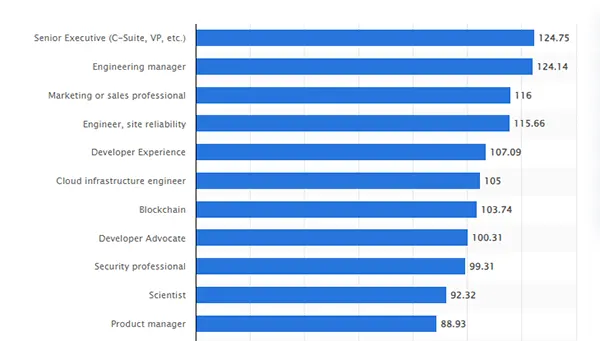
Statistics
These statistics show the average salaries (in 1,000 U.S. dollars) of software developers worldwide as of 2023, by role.
- Cultural Fit: Assess how well the candidate fits into your company’s culture and values.
- Behavioral Questions: Ask about past experiences and how they handled challenges. This can reveal problem-solving abilities and teamwork skills.
Checking References
Use reference check as it is a useful tool to verify a programmer’s background. References may be given by previous employers or colleagues. Create a checklist with the data that is necessary for you to assess:
- Education
- Current location
- Soft skills
- Hard skills
- Past experience
Think about the outreach strategy to get structural and timely feedback. Use several references to get unbiased results.
Onboarding Developers
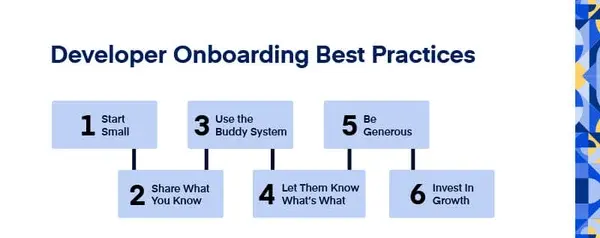
Bringing a developer on board is more than just signing a contract. In a business-to-business context, you need them to understand your business goals and client expectations. A structured onboarding procedure can make all the difference.
Consider these onboarding essentials:
- Detailed Project Overview: Provide a thorough briefing, including goals, client expectations, and timelines.
Interesting Fact
A lady named “Ada Lovelace”, born in 1815 was the first programmer ever. She started working on the analytical engine in the early 1800s. She wrote the first computer program a century prior to the initial computer was built.
- Access to Tools and Resources: Ensure they have access to the tools and resources necessary to perform their job effectively.
- Mentorship and Training: Assign a mentor or buddy to help the new developer acclimate to your company culture and processes.
- Feedback Loop: Create a feedback mechanism to address any concerns and make adjustments as necessary.
Measuring Success
So, you hired programmers, and your project is ongoing. Now it is time to think about monitoring their work and evaluate the results. Envisage the systems of metrics to measure the progress. Include KPIs that meter every step of the project cycle – from initiation to customer satisfaction – and compare them to the business goals and expectations:
- Working Flow Analysis: efficiency, interruptions, lead time, cycle time, development frequency
- Quality of Code: readability, reliability, testability, maintainability, documentation
- Performance and Progress: research, planning, budgeting, development, testing, general flow layout
Measuring success should end with a bonus system to appreciate achievements, improve retention, and motivate future efforts.
Conclusion
Hiring talented developers for B2B customers involves more than just checking resumes. It’s about finding the right fit for your business, understanding your unique needs, and ensuring a seamless onboarding procedure. By following this definitive guide on How To Hire a Developer, you’re on the path to creating a top-notch tech team and delivering quality software that sets your business apart.
Remember, hiring is an ongoing operation. Stay engaged with your team, keep an
eye on industry trends, and adapt your hiring strategy accordingly. In the fast-paced world of technology, staying ahead of the curve is the key to long-term success.






